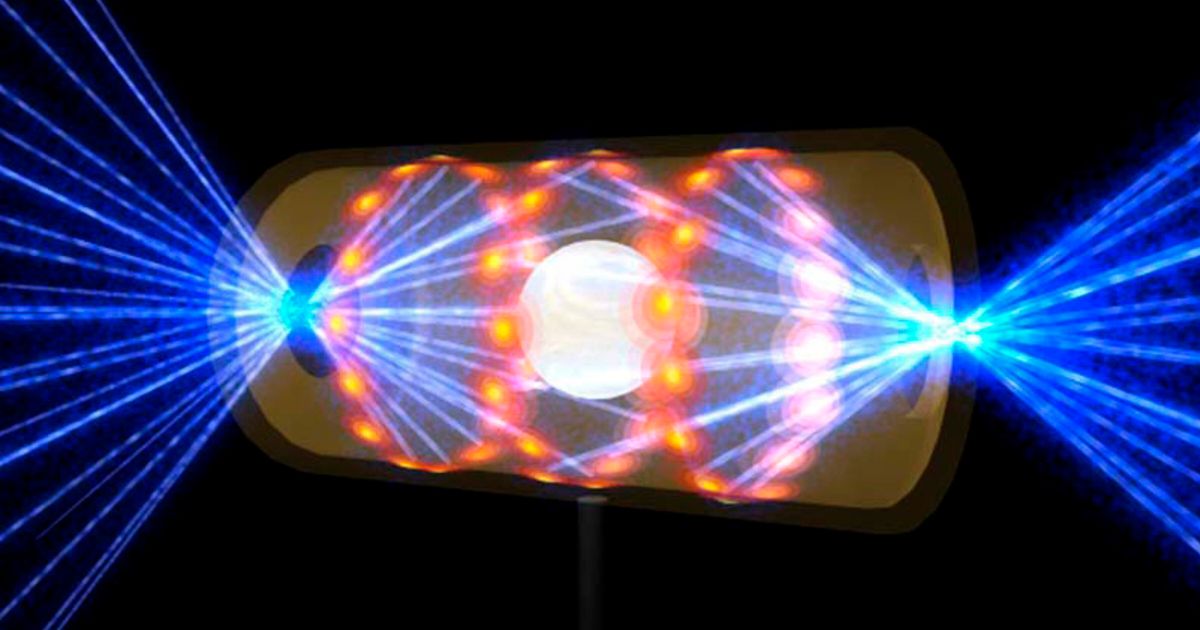Actually microgrids that utilize clean tech with battery storage are ideal for off-grid/low-grid communities.
Agreed.
Solar is the ultimate, end-point, self-generation solution, that almost works everywhere (with varying differences, based on climate) as a fixed investment. The investment requires area, but not much else. It can also be used for heat generation too, along with geo-thermal (which is often an overlooked investment). This is unlike fossil fuels and other 'plants,' which affect the surrounding area, and have far more logistical (potential energy importation) requirements.
Now most facilities don't put 'all-their-eggs-in-one-basket' and have a large, diesel plant, or even hydrogen fuel cells, or some other solution, as a backup. But solar is an excellent, primary solution.
The point I was trying to make is that there are issues with solar that are being ignored.
Agreed as well. There is
no 0 impact solution.
However, when it comes to end-point generation, end-point being ideal because it's at the location of use, which means mitigating transmission loss and other logistics, solar is most ideal, if the space is there.
Wind is next, but has far, far more impact on the local area, even if far more efficient per area used.
I do have some anecdotal experience with this: I work with Army organizations that deploy out on military and humanitarian missions and they are experimenting with portable solar but it their systems aren't yet at the point where they are strong enough or rugged enough to suffice for full-scale deployments.
No one is saying solar (or wind for that matter) is ideal everywhere, and neither are very 'portable.' But for fixed-local investments at the end-point, solar is pretty ideal.
There is initial cost and much initial 'waste' in the grand scheme of things, but after 15 years, it's quite the 'bonus' versus 15 years of the added logistics (even before we talk emissions) of fossil fuels.
Fossil fuels provide them strong on-demand power anywhere regardless of weather conditions in any location. Given the infrastructure investment, you're not going to simply replace all of that easily even if the technology was ready at this given moment.
Which is why military and portable solutions will always use them. It's really a simple case of thermodynamics -- put your hand in the sun v. put your hand in a flame. No comparison.
But for fixed-local investments, solar (and wind, where applicable) are outstanding, 15+ year investments in comparison.
I'm always amazed that people fall for the "long tailpipe" argument.
That's
not what
@sk8knight was saying at all!
He was merely pointing out that there are
many applications where
fossil fuels will still rule. Portable, potential energy -- of which fossil fuels are, by far, still the best (nuclear has greater, but has so many other requirements) -- and neither wind nor solar will ever best them. And neither wind nor solar are portable in an usable reality. That's why even the ESA, NASA and others use RTGs, unless the device is so low-power, so little mobility, solar becomes feasible.
There is just only so much energy from solar photons, and no
'we just need more efficient solar panels' argument will. That's the same BS as
'we just need faster charging eV cars,' when the problem isn't charging, but the sheer amount of energy required and involved in automobiles.
If you don't believe me, argue with Einstein -- he won't the Nobel Prize for it (yes,
not relativity).
People will keep digging deeper and deeper into the construction of EVs or solar panels to find any degree of pollution.
Because people ignore there
is impact in
any solution.
Now there are some quite
'clean' solar panel designs, but they are not remotely as efficient. So we build far more 'nasty' ones. But just in a few years, it's worth that
'initial impact.'
Then they compare them to conventional counterparts where their raw materials and consumables just magically pop into existence.
And
'Popular Environmentalists' ignore the fact that electric engines have some rather exotic components that aren't everyday too. I have to point that out too many times, and people think I'm a right-winger ... no, just a degreed EE!
I mean, there's a reason why most eVs have an engine -- alone -- that costs far more than the entire ICE car ... a nice one!
That said ... with China cutting off Japan from rare Earth metals, we finally do have a new electric engine capable of high output that does not require most of them now. So we're seeing some new innovation on this front.
My favorite is when they say, "An EV plugged into a grid fueled by coal gives off (making up a number) 95% of the CO2 of fuel efficient gas car". When you read the numbers, they account for the emissions of the electricity production, down to the methane the guy at the power plant farts out. The gasoline is somehow delivered into the tank of the gas car by pixie dust, because they don't account for transporting, pumping it, or and here's the big one, refining it.
Methane != CO2 -- Don't talk out of your (pun)@$$(pun)

More seriously now, here's the deal ...
- It's still reduced
overall emissions to use even a fossil fuel plant to generate the electricity for an eV because power plants have far more filtration than an ICE
However ...
- The CO2 generated can
actually be
worse by using a fossil fuel plant, for an eV, than just using fossil fuels in an ICE vehicle -- especially natural gas
So, sorry, but that's actually a
very true argument. We do not want a power grid of fossil fuels generating electricity for eVs. Sorry. Furthermore ...
There is also transmission loss and other things that occur ... which goes back to endpoint generation. The more businesses and homes are generating electricity close to where they use it, the better. We should do everything we can to encourage eV owners to have local power, and everyone in general too as well.
Now we do want to get to eVs eventually. But we should get there after much of the power grid is renovated. Doing so beforehand is a major impact not only on the power grid, but can actually result in more CO2 being used, because we haven't mitigated fossil fuels and those logistics.
North America's powergrid will be 30% solar-wind by 2040, and the EU 40%, largely because the EU has no shale for natural gas-petroleum like North America, hence their rush.
Again, I'm all for solar and wind, but 'Popular Environmentalism' has resulted in people believing things are right-winger non-sense, when they are -- in fact -- often true.

